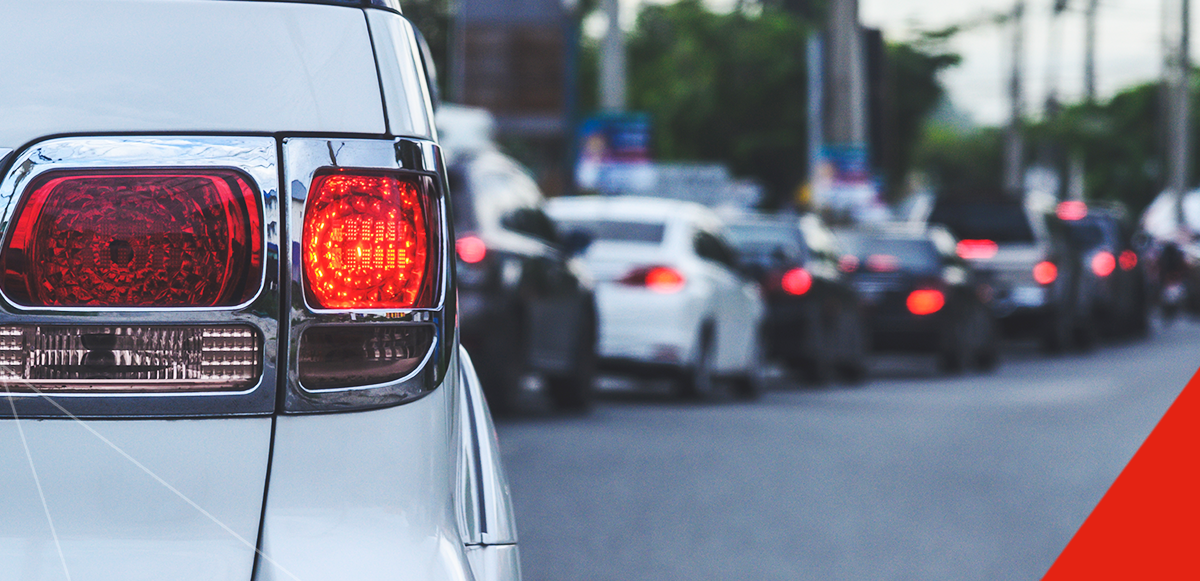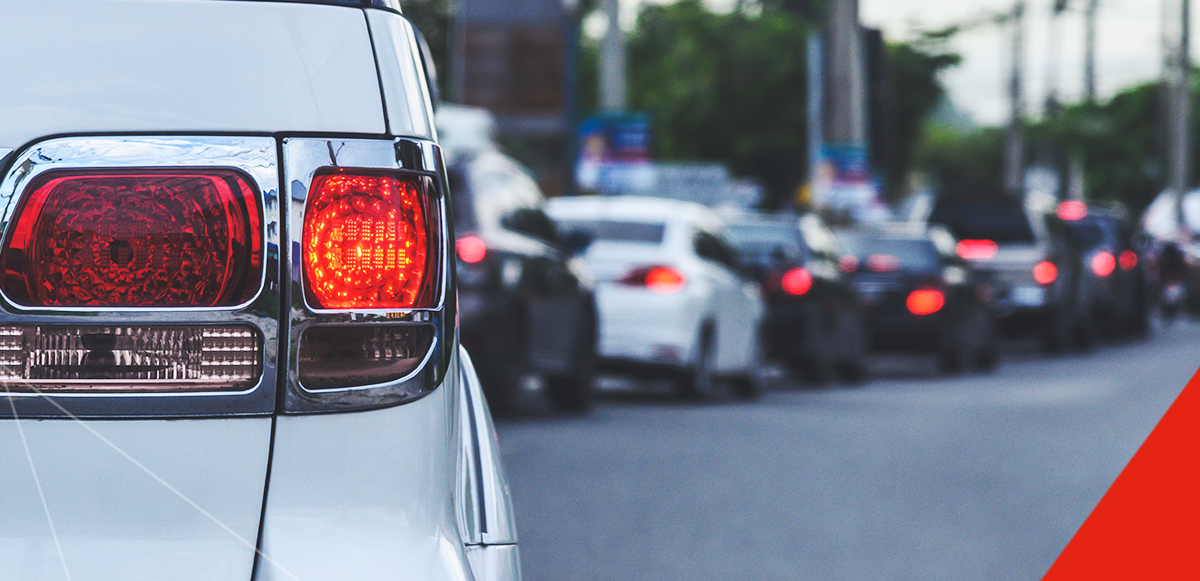Supporting Change: Stricter Euro 7 Regulations and Sustainable Transportation Futures


The transportation industry continues to undergo significant changes, driven by both stricter Euro 7 regulations and advancements in alternative fuels and powertrain technologies, paving the way for a lower carbon future in the transport sector. Regional Technical Service Specialist for Texaco Lubricants, Rudi Sanders, explores three key areas that will significantly impact the industry in the coming years.
1. Euro 7 Regulation: A Commitment to Cleaner Air
The European Union's (EU) forthcoming Euro 7 regulation represents a significant step forward in reducing vehicle emissions for light and heavy commercial vehicles. This regulation establishes more stringent limits for pollutants such as nitrogen oxides (NOx) and particulates. Notably, it expands its scope beyond tailpipe emissions to determine the limits for other pollutant emissions that affect human health, global warming, and ozone depletion, such as nitrogen dioxide, nitrous oxide, isocyanic acids, polycyclic aromatic hydrocarbons, and aldehydes.Furthermore, vehicles will need to comply with emissions rules for longer periods and undergo more rigorous emissions testing. On-road tests will encompass a wider range of driving conditions, while digital monitoring systems will be introduced to continuously track compliance.
2. The Rise of Alternative Fuels and Powertrains
A growing emphasis is being placed on the exploration and adoption of alternative fuels and powertrains. Biodiesel, CNG, LNG, methanol, e-fuels, and hydrogen are all likely to incur further legislation, while electric powertrains continue to gain significant traction.The introduction of tighter emission and fuel economy regulations, as well as potential legislation for the use of biodiesel and other alternative fuels, will mean manufacturers must implement new engine designs for the internal combustion engine and new aftertreatment systems to fulfil the upcoming requirements. These redesigns will likely affect lubricants in the following ways:
- Engine oils will need greater oxidation and thermal stability due to higher engine temperatures.
- They will need to be compatible with modified aftertreatment systems.
- They will need to be compatible with newly introduced alternative fuels.
- They will need to ensure that engines are protected against wear while using lower viscosity oils.
- The sulphated ash content – formed by the detergents and anti-wear additives currently used in engine oils – may need to be lowered to protect the diesel particulate filters (DPFs) and to prolong the maintenance and regeneration intervals of the DPFs.
3. Adapting to New Fuel and Powertrain Technologies
As mentioned in our earlier article about transport sector emissions regulations, it is clear that a fuel and powertrain transition is taking place in the automotive industry, but the internal combustion engine will still be around for some years to come. For short haulage and distribution within urban areas, the use of electrified vans and smaller commercial trucks is heavily encouraged and/or enforced, but it is not clear yet what the implementation rate will be. The automotive industry is currently working on a number of different fronts to cover both short- and long-term solutions, which include:
- Redesigning and/or optimising their internal combustion engines to minimise the negative effects of using traditional carbon fuels.
- Further development of engines to run on diesel/biodiesel mixtures and/or alternative fuels such as CNG, LNG, bioethanol, methanol, and even e-fuels, ammonia, and hydrogen.
- Continued development and/or optimisation of aftertreatment systems, including particulate filters.
- Development of alternative powertrains from gas to electric vehicles.
Euro VII Regulation Challenges and the Path Forward
The transition towards sustainable transportation presents numerous challenges, including the need for robust infrastructure to support alternative fuels like hydrogen and ammonia. The widespread adoption of electric powertrains also requires a reliable network and clean energy sources to support growing fleets, all in alignment with the stricter Euro 7 regulations.
While manufacturers introduce electric powertrains and focus on redesigning engines to optimise performance and minimise environmental impact, as well as developing advanced aftertreatment systems to ensure compliance with stricter regulations, the oil industry must also adapt. Texaco Lubricants will be focusing on the development and formulation of a wide range of responsible lubricants tailored to the demands of future engines and fuels.
Rudi Sanders is currently chairman of the Industry Liaison Committee for ATIEL (Technical Association of the European Lubricants Industry) and co-chair of the ATIEL liaison committee for light duty vehicles. Rudi is also very active in discussions with ATC (The Technical Committee of Petroleum Additive Manufacturers in Europe) and ACEA (The European Automobile Manufacturers' Association) regarding the development of current and future ACEA oil sequences for both light and heavy-duty vehicles.































